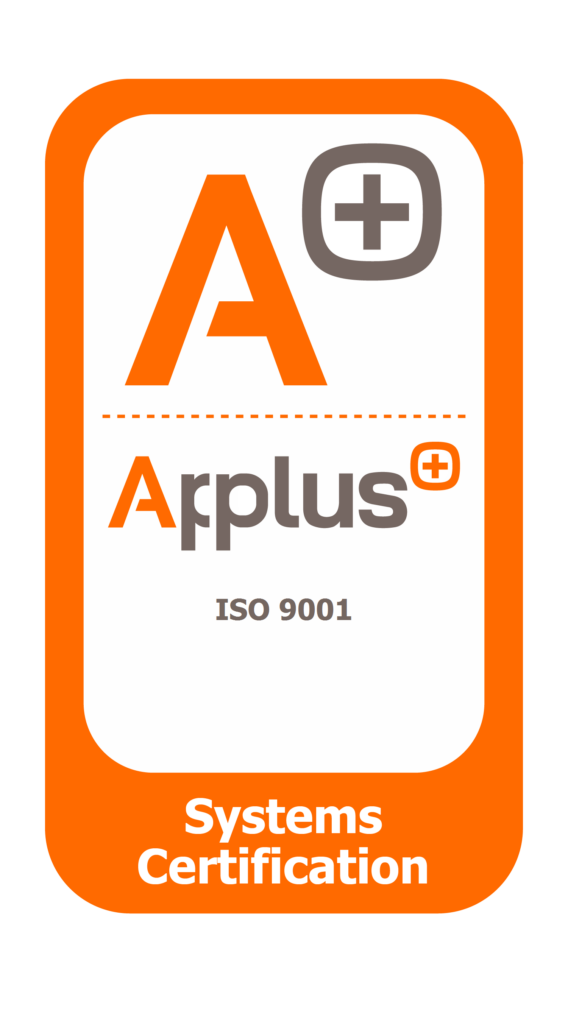In today’s dynamic business environment, integrating Internet of Things (IoT) solutions, such as those offered by thethings.iO, has become critical to improving operational efficiency and driving sustainable growth. IoT empowers businesses by providing real-time insights and enabling data-driven decision-making. Through IoT sensors and devices, organizations can monitor operations, track assets, and collect valuable data across their value chains. This proactive approach not only improves visibility into business processes but also supports predictive maintenance, optimizes resource allocation, and reduces operational downtime. The adoption of IoT solutions from platforms like thethings.iO underscores their role in transforming business operations and enhancing competitiveness in the global marketplace.
The Role of IoT in Enhancing Business Efficiency
The Internet of Things plays a pivotal role in optimizing business processes and enhancing efficiency across various industries. In manufacturing, IoT-enabled predictive maintenance systems prevent equipment failures and optimize production schedules, reducing maintenance costs and enhancing overall equipment effectiveness (OEE) for uninterrupted operations and increased productivity.
Logistics firms use IoT for real-time shipment tracking, route optimization, and efficient inventory management, streamlining operations, improving delivery performance, and minimizing delays. Real-time monitoring of assets and shipments enhances supply chain visibility, enabling proactive decision-making and responsive customer service.
Moreover, integrating IoT enhances agility and responsiveness in business operations. Companies can swiftly adapt to market fluctuations, customer demands, and operational challenges, optimizing resources, reducing waste, and seizing growth opportunities for competitive advantage in today’s dynamic business environment.
Case Studies: Real-World Applications of IoT Efficiency
Examining successful IoT implementations highlights its tangible benefits across industries. Retail chains use IoT for inventory management, ensuring accurate stock levels and minimizing out-of-stocks through real-time monitoring and predictive analytics. Healthcare providers deploy IoT-enabled devices and patient monitoring systems for personalized care, remote patient health monitoring, and streamlined hospital operations. These applications not only enhance operational efficiency but also improve patient outcomes and healthcare delivery. Across various sectors, integrating IoT solutions expands capabilities, streamlines operations, and drives significant improvements in efficiency and service quality.
Challenges and Considerations in IoT Adoption
While IoT offers significant benefits in improving operational efficiency and service delivery, its adoption presents challenges that must be proactively addressed. Chief among these are cybersecurity risks, privacy concerns, and integration complexities. Organizations navigating the IoT landscape must prioritize robust cybersecurity measures and ensure compliance with strict data privacy regulations to protect sensitive information and maintain customer trust. In addition, integrating diverse IoT devices and platforms requires careful planning and technical expertise to ensure seamless connectivity and compatibility across systems. Addressing these challenges through strategic IoT strategies, innovative solutions, and collaborative partnerships is essential for organizations to maximize the transformative benefits of IoT while effectively mitigating potential risks.
Driving Growth Through IoT Innovation
In addition to improving operational efficiency, IoT plays a critical role in driving revenue growth and innovation across industries. By connecting IoT devices and leveraging advanced analytics, businesses can gain deeper insights into consumer behavior, market trends, and product performance. This wealth of data enables companies to make informed decisions, tailor personalized customer experiences, and optimize service delivery. Moreover, IoT facilitates proactive customer engagement strategies, allowing companies to anticipate and respond to customer needs in real time, thereby increasing satisfaction and loyalty. In addition, IoT enables companies to develop innovative solutions that differentiate them in competitive markets, leveraging technology to create intelligent products and services that resonate with today’s consumers and drive sustainable business growth.
Future Trends and Outlook in IoT
Looking ahead, the IoT is evolving with AI, edge computing, and the upcoming 5G rollout. AI-driven analytics enable real-time data processing and autonomous decision-making at the edge, improving operational efficiency and enabling proactive responses. Edge computing minimizes latency, reduces bandwidth requirements, and supports faster responses, decentralizing data processing and improving reliability. The advent of 5G networks will further revolutionize IoT, providing high-speed, low-latency connectivity for smart cities, autonomous vehicles, healthcare, and industrial automation. These advancements will enable businesses to leverage the IoT for innovation and growth in an interconnected world.
In summary, the IoT continues to redefine business operations, offering transformative benefits across industries. From improving operational efficiency and driving innovation to addressing sustainability challenges, IoT is a key technology driving the future of business in an increasingly connected world.


